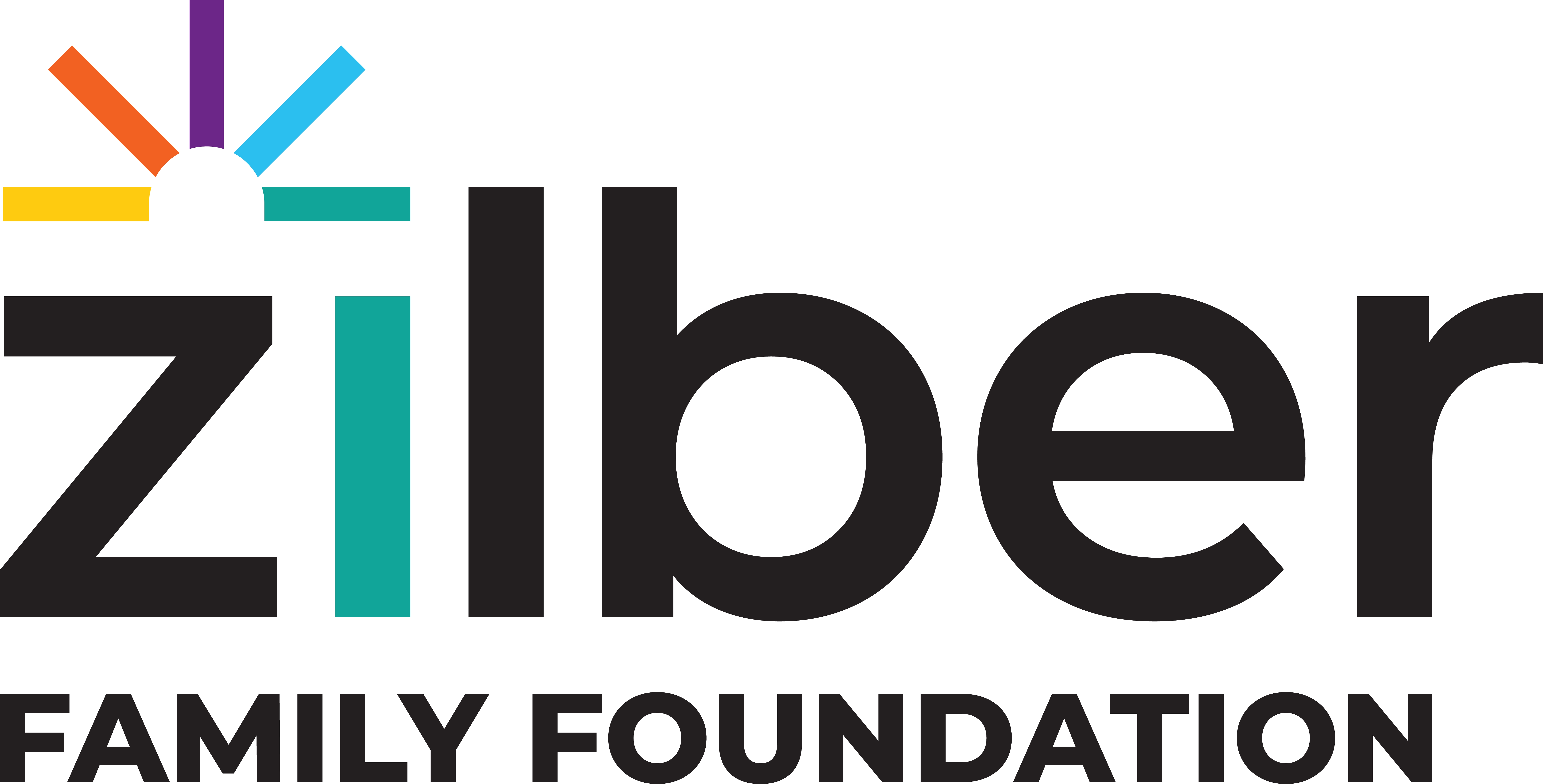Safe and Affordable Housing
Housing stability is critical to dozens of quality of life measures, including employment, early childhood development, education, health, wealth, and community stabilization, but a housing crisis and barriers to safe, secure, and affordable housing have barred many families and individuals from the opportunity to thrive.
Why It Matters
How We’re Helping
To address housing disparities, the Zilber Family Foundation helped to develop and endorse Milwaukee’s Collective Affordable Housing Plan in 2021, and continues to support the Community Development Alliance (CDA) to set and implement affordable housing strategies that advance economic stability.
We work in our priority communities alongside community leaders, other funders, government officials, and changemakers to identify and implement housing solutions that meet the needs of residents. We focus on:
- Supporting pathways to homeownership
- Improving property conditions
- Increasing affordable rental options
Access to Cash and Capital
Wealth and income inequality have continued to grow in the United States, leaving some communities behind.
Why It Matters
Those with limited wealth are more likely to live paycheck to paycheck. Nearly a third of all households do not have even $400 in savings to deal with an emergency expense. This is particularly concentrated amongst communities of color and immigrants, who have long faced discrimination in housing, banking, higher education, and employment.
Areas of concentrated poverty lack essential neighborhood resources, have fewer banking options, more payday lenders, and less opportunity for financial literacy and mobility. In the City of Milwaukee, we know that the median household income is $49,733. However, compared to white persons, Black persons have $23,093 less per capita household income and Hispanic persons have $24,129 less per capita household income in Milwaukee. More than 75% of families earning less than $35,000 per year would struggle to cover a $1,000 emergency expense, such as an unexpected car repair. Together, these conditions force people into debt and perpetuate cycles of poverty.
The Zilber Family Foundation invested in the Bridge Project in Milwaukee to empower Milwaukee moms with flexible cash assistance.
How We’re Helping
To address growing financial insecurity in our priority communities, we partner with community leaders, funders, governments and other changemakers to put resources in the hands of individuals and communities most impacted by economic instability. We focus on:
- Supporting unconditional cash transfers
- Growing financial services, products, and education
- Increasing access to capital
- Supporting catalytic projects


